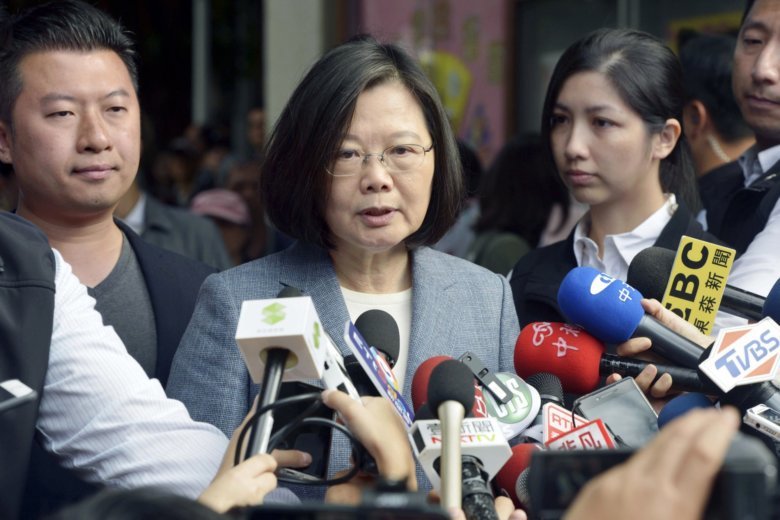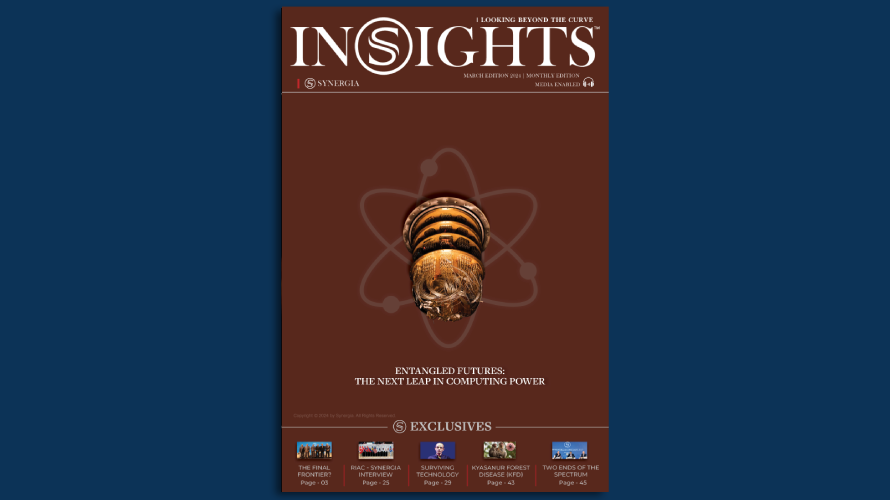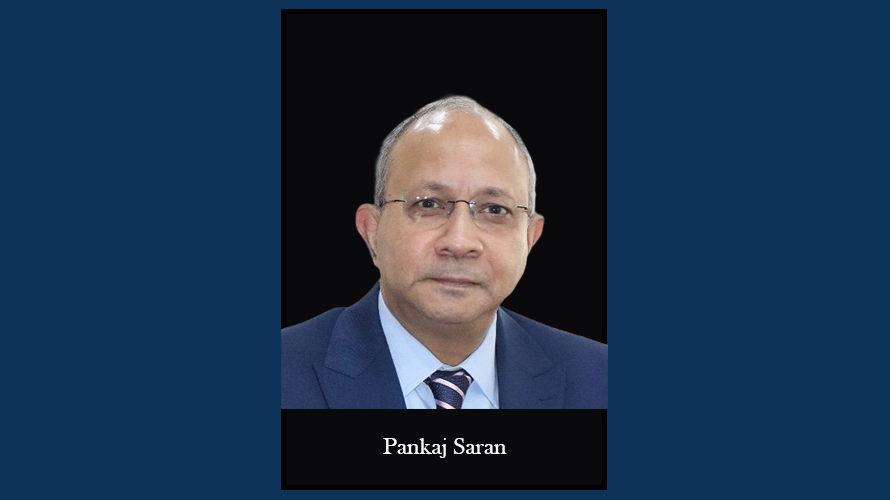Taiwanese officials claimed that China spread "fake news" via social media to swing Taiwanese voters away from President Tsai Ing-wen's party and behind candidates more sympathetic to Beijing ahead of elections.
Beijing test-drove its techniques in Taiwan, where it has a big stake in the politics and understands the language and culture, but deployed its cyber-capacities in the United States, Australia and other democracies, the officials said.
False stories can be traced to foreign servers and back to the Chinese Communist Party (CCP) and it's so-called "50 Cent Army" of online trolls and commentators, according to DPP politician Lo Chi-cheng.
They typically undermine Tsai, the DPP or Taiwan's autonomy from the mainland, while stirring up historic grievances by which some voters support the DPP and others back its main rival, the pro-Beijing Kuomintang (KMT).
"We received propaganda warfare coming from China for years, but this is taking a very different form. It's coming in not from newspapers or their propaganda machine but through our social media, online chat groups, Facebook, the zombie accounts set up, somewhere, by the Chinese government.” said Foreign Minister Joseph Wu, from Tsai's ruling Democratic Progressive Party.
Taiwanese voters went to polls on 24 November to choose mayors and others in mid-term elections. China has welcomed the defeat of Taiwan's ruling, pro-independence Democratic Progressive Party in local elections.
Assessment
Our assessment is that comments from Wu and other DPP officials are in line with growing global fears that countries like China , Russia, and others are able to meddle in foreign elections. We feel due to the proximity to Taiwan, both culturally and linguistically , fabricated news can be disseminated with ease.







Comments